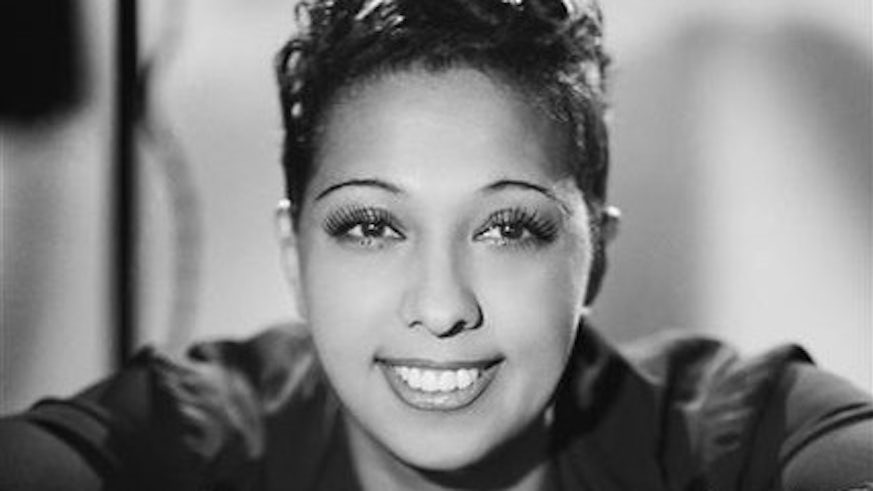Uncovering Josephine Baker’s hidden wartime history
4 May 2021

Professor of French, Hanna Diamond has won a two year Leverhulme research fellowship to write a new book charting the wartime experiences of entertainer, Josephine Baker.
Professor Diamond, who is an expert on the social and cultural history of France during the Second World War, was inspired to write the book after being commissioned to research and write a long-form magazine article in 2018.
Professor Diamond explains, “When writing my piece about Josephine Baker’s wartime experiences for the US digital magazine Truly Adventurous I realised thatwhile countless biographies recount Baker’s transition from impoverished American chorus dancer to international star, there is little written about her life during the war when she spied for the French resistance.”
In 1945, when Baker was nearly 40 and considered by many to be past her prime, she promoted stories of her wartime resistance activities to counter false reports of her death and to reboot her celebrity status. Baker shared how she collected and transmitted intelligence under cover of her celebrity in France, Spain, Portugal and North Africa at the same time as entertaining Allied troops.
During a period when we increasingly recognise the importance of uncovering histories that have been hidden due to gender, sexuality or ethnicity, Professor Diamond, feels her Leverhulme Fellowship is very timely.
The book will draw on existing texts written by Baker, and by those who knew her, texts which portray Baker as a woman who mobilised her gender, her sexuality, her celebrity, and her blackness, all in the interests of the Free French cause. When feasible, Professor Diamond plans to follow the evidence trail in archives in the UK, France, the US and North Africa to uncover material about Baker’s wartime contribution.
Professor Diamond’s book will ask if Baker’s choices differed from those of other entertainers at the time, like Maurice Chevalier, and how her pre-war life influenced these choices. What advantages did her celebrity bring to her spy work? How does Baker compare with other women whose transnational trajectories marked their resistance contribution and how should their resistance work be commemorated?
The book will seek to offer insights into the dynamics of race and gender in resistance and intelligence studies.
